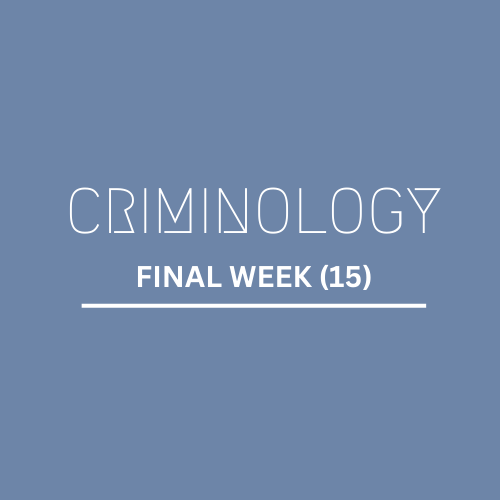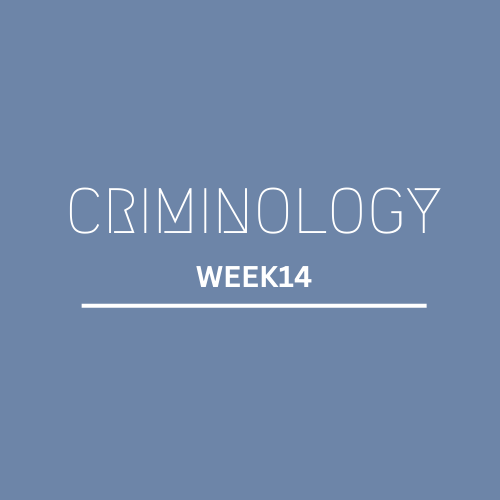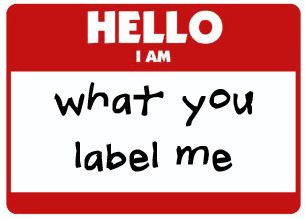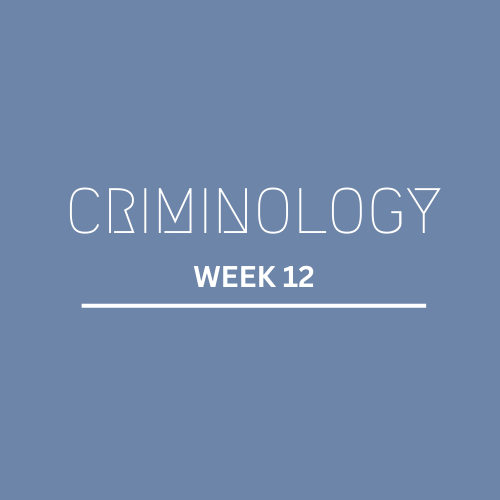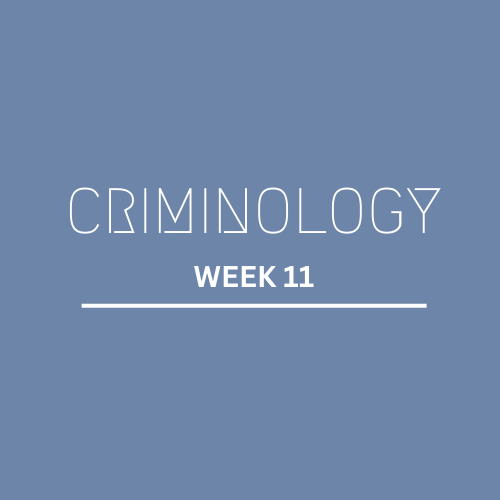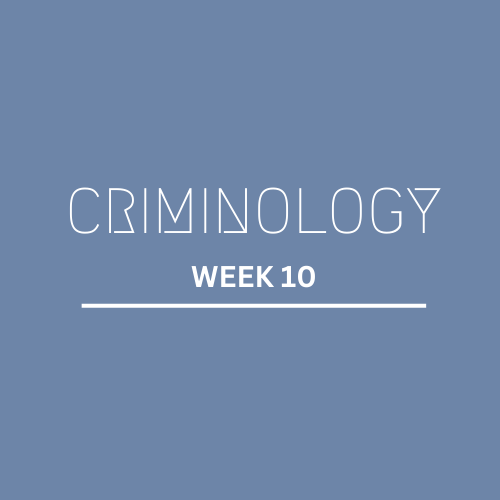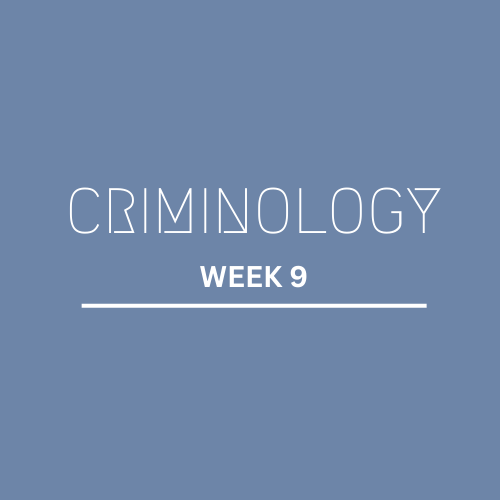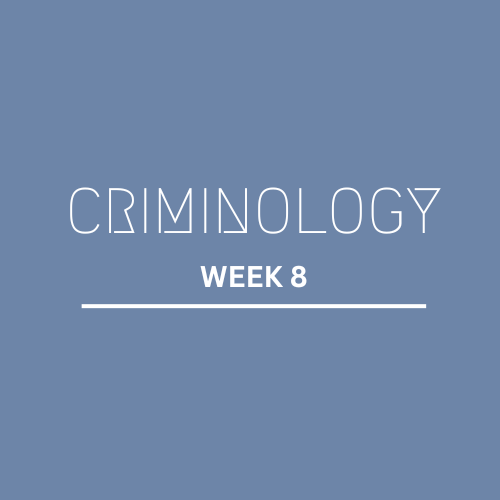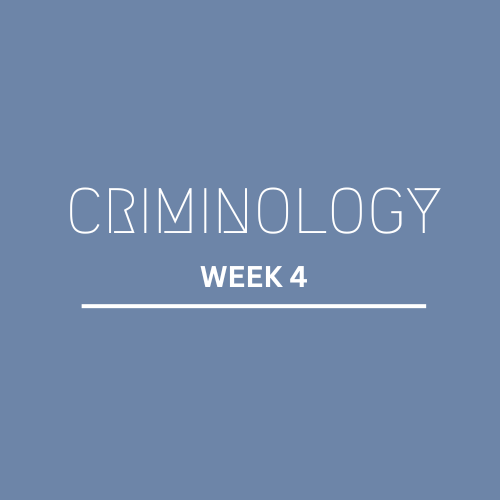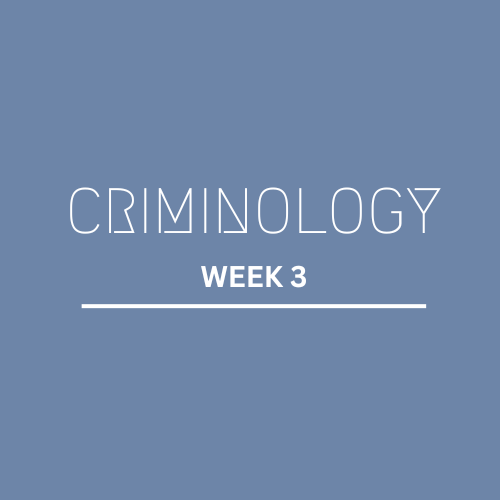WEEK 14 (11/27 to 12/03): Feminist Criminology
The unit on feminist criminology, positioned in the penultimate week of the semester, delves into the significant role of feminist theories in the field of criminology. These theories are pivotal in emphasizing that the study of women’s deviance is not …
WEEK 13 (11/20 to 11/27): The Labeling Theory
WEEK 12 (11/13 to 11/19): Social Control Theories
WEEK 11 (11/6 to 11/12): The Social Learning Theories
WEEK 10 (10/30 to 11/5): Chicago School and the Theory of Social Disorganization
WEEK 9 (10/23 – 10/29): Theories of Strain and Anomie Durkheim, Merton and Agnew
WEEK 8 (10/16 to 10/22): W.E.B. Du Bois and Criminology
WEEK 7 (10/10 to 10/15): Psychological and Psychiatric Foundations of Criminal Behavior
WEEK 6 (10/2 to 10/9): Biological Perspectives in Criminology
WEEK 5 (09/26 to 10/01): Neoclassical Thought: The Rational Choice and Routine Activities Theories
WEEK 4 (9/18 to 9/24): Classical Thought: Beccaria and Bentham
WEEK 3 (9/11 to 9/17): Crime Measures and Crime Trends
Overview
This week we focus on how we gather information about crime, the strengths and weaknesses of official police statistics, and alternative data sources used in criminology:
Understanding the prevalence and patterns of crime is a crucial aspect of criminology …
